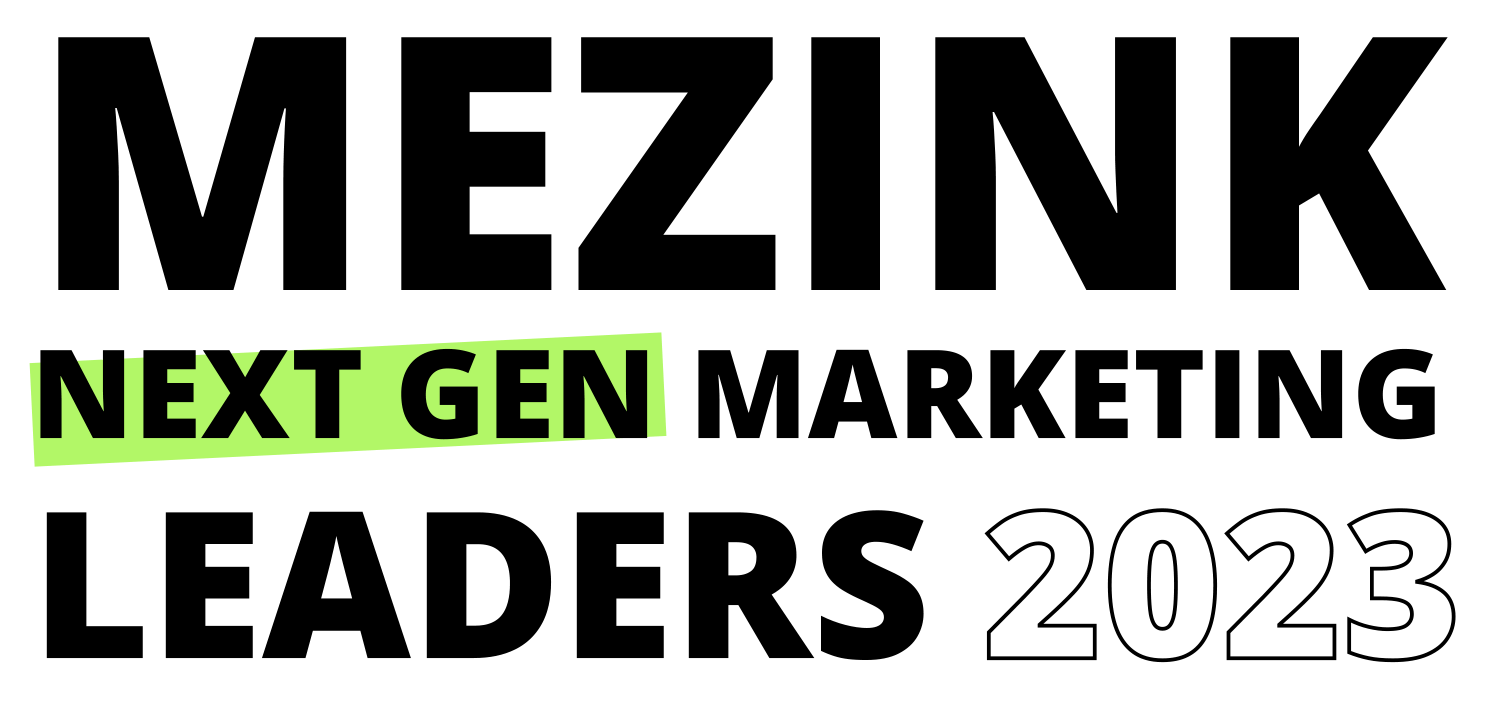Educated at Victoria University and equipped with a diverse skill set in business analysis, B2B marketing, market intelligence, marketing strategy, business development, and competitive analysis, Shane Hodge is not only a co-founder but a visionary leader committed to delivering top-tier web solutions. His commitment to ruffling feathers and speaking the truth is evident in his drive to create innovative, customer-focused websites that captivate and convert.
One day a good friend of mine asked me to upgrade his team in the Philippines who was doing work for him, and I said yes because I thought it would be an easy-high paying job. I moved to the Philippines, met the team, and the funny part is I met my wife there. Eventually my contract ended and I didn't get paid. So I thought, I'm a salesman, and my wife's a really good designer. We chose to start a business by ourselves, which led us to selling mobile websites.
It then just started to grow because the industry took off at the moment it went to sites where you had one URL for mobile view, iPad view and desktop view. Mobile became a big thing, and websites changed dramatically. Once we got involved with Duda, we started doing more fulfilment than actual selling and ended up becoming a global partner with Duda and became best in the world with Duda development. We went from wife husband to 75 people and including all our partners, 200 people in The Camel.
Yes, relationships are still super important, but what shines more today is the product, service and support. Everyone grew up, everyone became more respected, and there were more players in the game.
The other pain points is that how fast everything has changed. What we discussed last year has been turned upside down by AI. If you don't find the ways to work with the interrupters, they are going to be massive pain points in your marketing life.
I get excited about what AI can do and all the possibilities it opening up. Everyone on the basic level would be easily replaced by AI, because AI can do a better job. I hope a lot of these people upskill. But the opportunity for smaller agencies to write better proposals, do better presentations, build better websites with great content, it opens up a massive new market as long as you can recognize the opportunity.

In conversations with the top marketing leaders all over the world, we try to identify the top trends likely to impact the field of marketing in the next decade. Join us in celebrating these courageous folks who are not afraid to toss out the playbook and play the game on their terms. Are you ready to learn about the present and future of marketing?
20-03, 160 Robinson Road, Singapore 068914
4 Kuala Lumpur Sentral, Kuala Lumpur, Malaysia 50470
GD Menara Rajawali, Lt. 7, Jl. Mega Kuningan Jakarta Selatan 12950
226, VB Plaza, Pocket 7, Plot 10, Sector 12, Dwarka, New Delhi 110078
Premises no. 47334 - 001, Building A1, Dubai Digital Park, Dubai Silicon Oasis, Dubai
© 2026 Mezink Inc. All Rights Reserved.